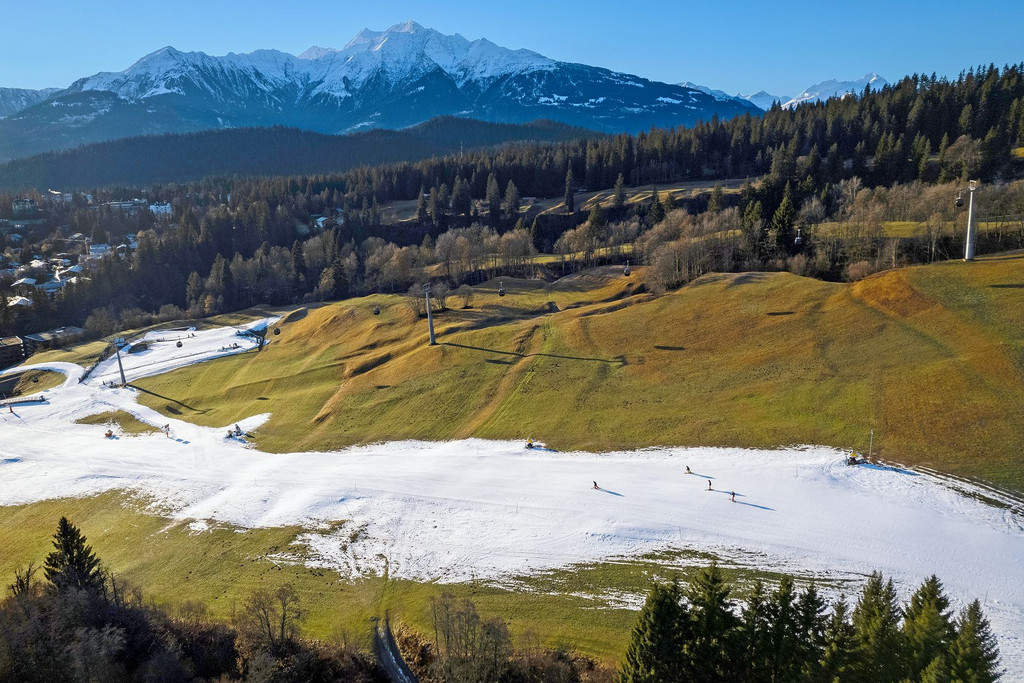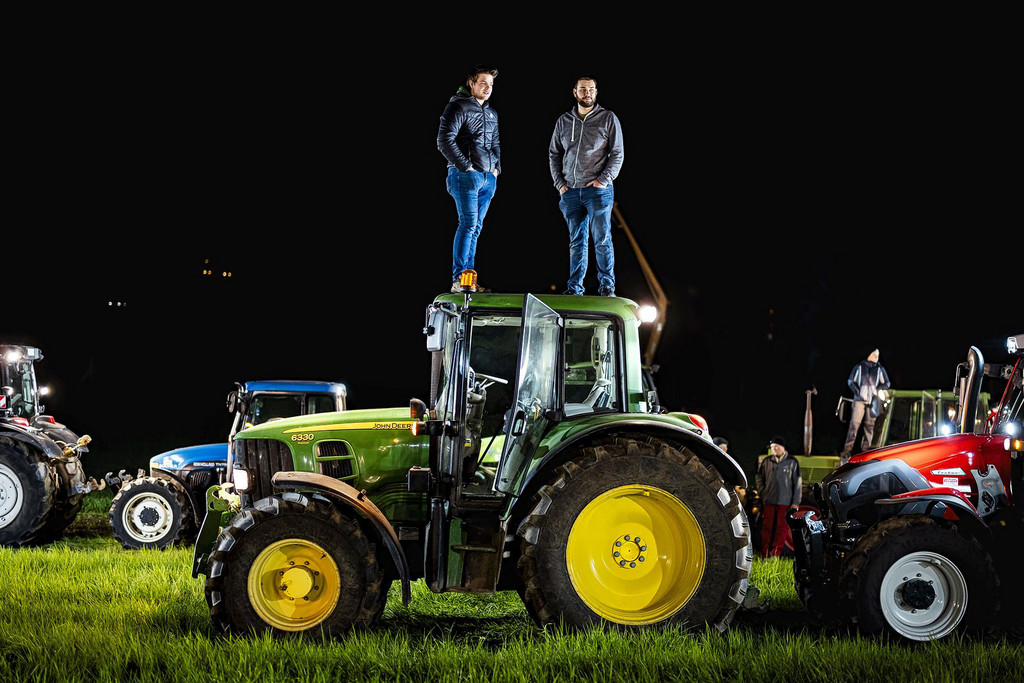“Not only have we urged political parties and those responsible for nominating candidates to put women on party lists where they have good chances, but we have also organised workshops and mentoring programmes for female candidates,” explains Flavia Kleiner, co-initiator of “Helvetia ruft”. “It is not about achieving fairness, it is about accurately reflecting Switzerland’s demographics. Women account for half of our population after all.”
Catching up on 170 years
But why has it taken 50 years for parliament to suddenly become noticeably more female?
“Men have had a 170-year head start, while women have been trying to play catch-up. So we need a little time.”
Flavia Kleiner
Co-initiator of “Helvetia ruft”
Swiss politics has been a man’s world until now, says Bertschy: “When they gave women the right to vote, they forgot to ensure that we were adequately represented to the same extent as the cantons and the language regions are in the National Council. But the Confederation does love dealing in quotas – I tick one of their boxes as a woman from Berne.”
However, not only have women been poorly represented in parliament for a long time, but there has traditionally been a dearth of female candidates. Flavia Kleiner believes that societal constraints are the main factor hindering female involvement. “It is not easy to reconcile a political career with family life. Meetings and events often take place in the evening or at weekends. In addition, Swiss political culture is still male-dominated with its attendant rough and tumble. And then we have the media, who are less forgiving towards women.”






![[Translate to English:]](/fileadmin/_processed_/3/7/csm_max-spring-3-cartoons-de_3c29839370.png)









Comments
Comments :
En México el voto a la mujer se le otorgo en 1955 después de una larga lucha por obtener un respeto hacia el genero ...Hasta este gobierno actual se ven mas mujeres en el congreso, pero nuestra muy incipiente DEMOCRACIA aun no hace justicia en muchos aspectos nuestros salarios siguen siendo menores en comparación con el de los hombres. Admiro y respeto los logros de las mujeres en Suiza. Gracias por su articulo muy ilustrativo.
I like to let the editor know that it was well after 1979 that women were not required to sign a form to keep their swiss citizenship after marrying a foreigner. I was married in Sept. 79 to a New Zealander in Switzerland and signed a declaration. If I had not, I would have been stateless! Two years later I also had to get a NZ passport for my 8 week old daughter so I could take her back to Switzerland in 1981. Not until 1988 could I apply for our daughter to become Swiss. And let's not forget that a swiss male could give his foreign wife swiss nationality when marrying her! Young people here in Australia are gobsmacked when I tell them all this.
Mes felicitations... Il ne faut pas oublier que beaucoup d´enfants (suisses et suissesses) ont perdu le droit a la nationalité a cause d´une loi (?) qu' y les écarte du fait d´etre nés de parents non mariés avant l´année 2006, et malgré l´abrogation (?) tous ses enfants restent discriminés (ma fille inclue). Combien de temps continueront les injustices provenant des dispositions machistes? Merci de votre attention